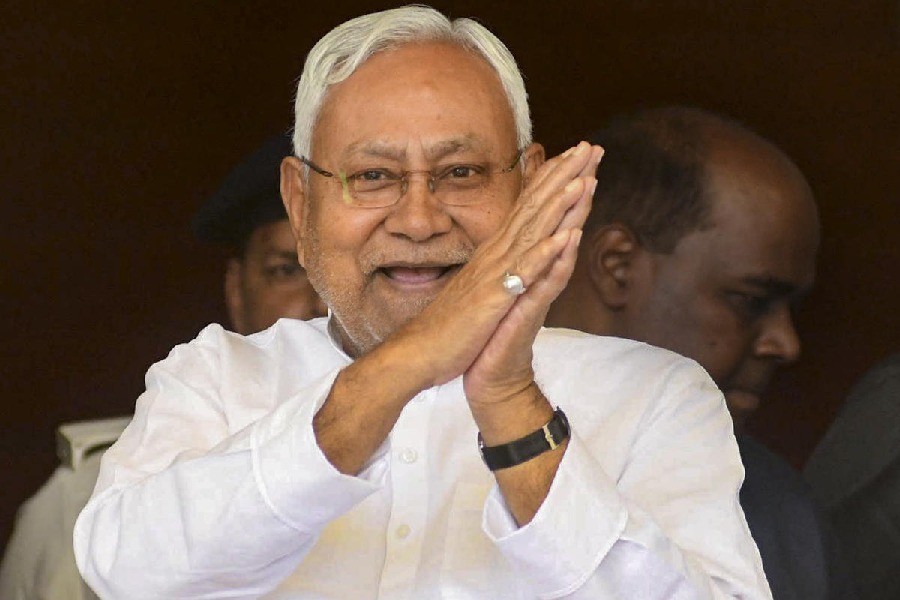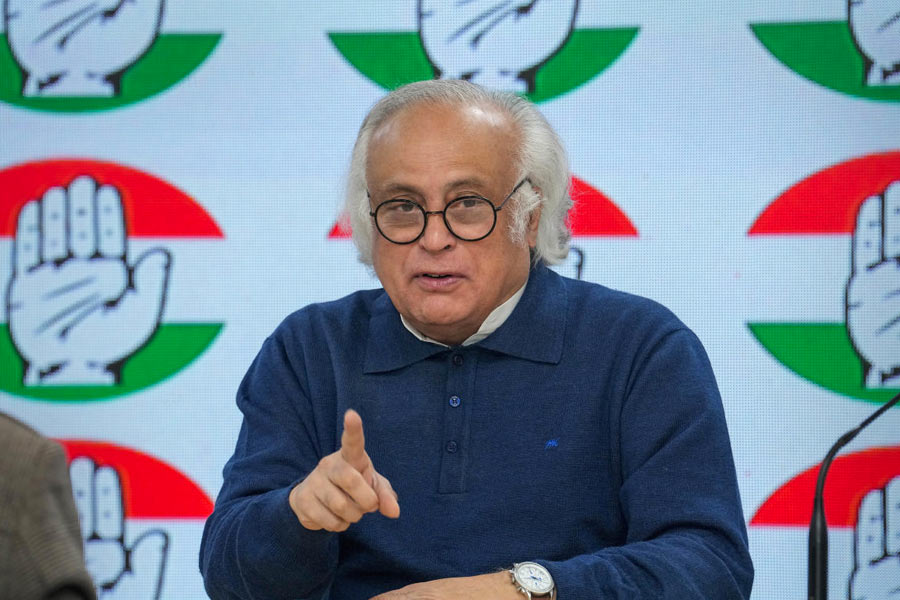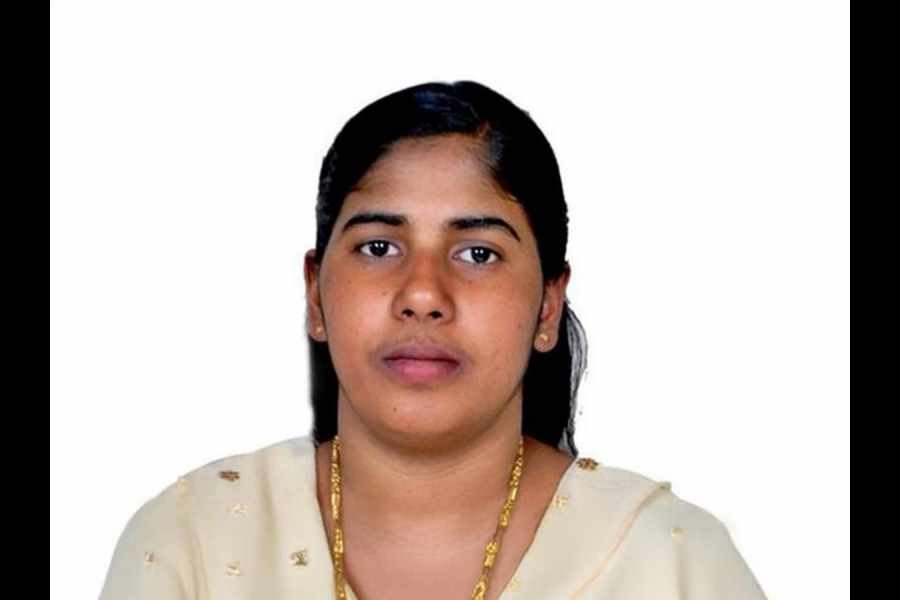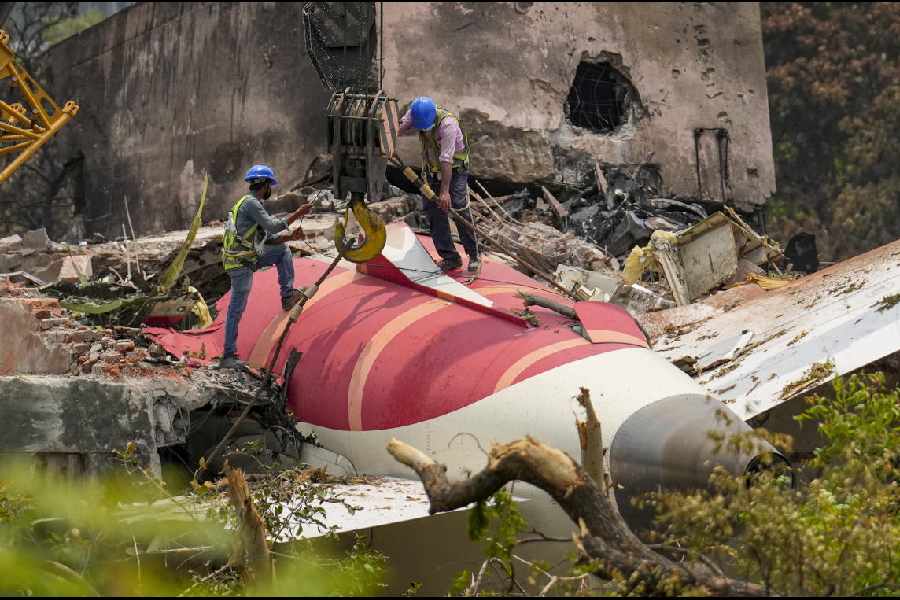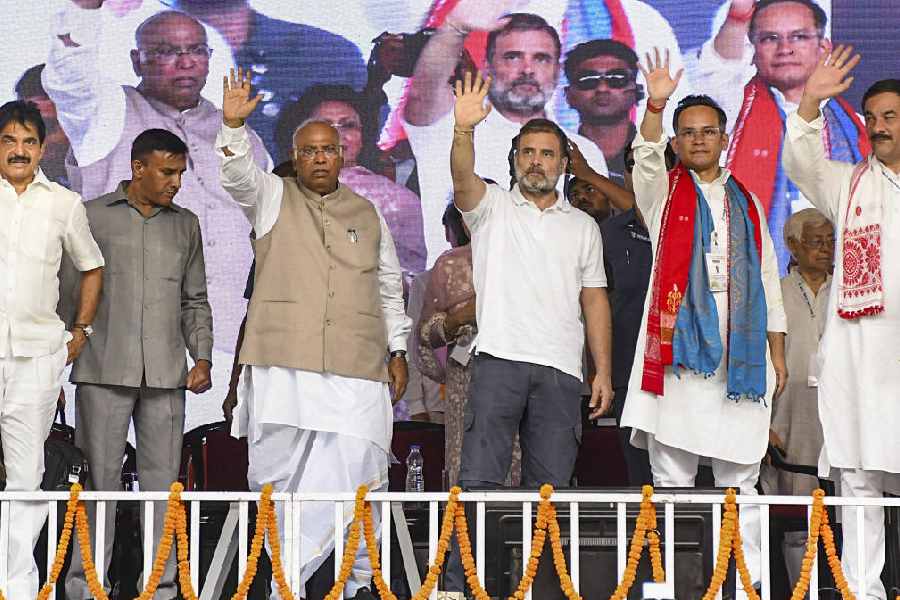No one can deny today that we need forces and in substantial numbers to counter the Naxalites waging a war against the state, the administration and consequently against development. We needed forces in unprecedented numbers to carry EVMs to these areas, we needed helicopters to transport our polling personnel, we needed camouflaged men to safely escort our people back.
Now, we need them today for combing operations, for road opening and sanitising, to unearth explosives that have been stocked away, to allay fears of abduction, to hold fort while we are trying to take each and every small step.
But what is not being discussed is the more imminent need for a much larger army of trained, dedicated and sensitised personnel to salvage the people trapped in a vicious cycle of underdevelopment and Naxalism. We need armies of people to quickly establish connectivity, build requisite infrastructure, commission small irrigation schemes, extend healthcare, educate and train people, hold workshops, lok adalats, solve long-pending land issues, tackle social problems, revive cultural activities to reverse the years of neglect and alienation.
When we don’t have the luxury of time to redeem the trust we have lost, to wipe out the sense of injustice people feel, we need the best minds to develop innovative alternate delivery mechanisms as well.
I may have the prognosis for the problems of Pirtand but not necessarily the remedy. Enthusiasm and good intentions notwithstanding, ensconced at Giridih headquarters with a workload of multifarious tasks and skeletal man power one can scarcely take out time to strategise and deliver.
One would perhaps need to be located in the heartland of Pirtand for a span of time to eat, breathe and think development along with the people. One would need to spend nights in the foothills of Parasnath, to wake up with the woes of the people to be able to even begin to fathom how to heal the hurt.
One would need to listen to the grassroots workers of NGOs who have succeeded in difficult areas despite difficult circumstances, to the anthropologists and social scientists, to be able to understand participatory development.
Untried models will have to be evolved and experimented. The need of the hour perhaps is to segregate the worst affected blocks in the Naxalite affected districts and have area specific plans to counter their problems.
Different microplans based on the demography, the level of development and the level of acceptance of people to development. And a different mode of delivery system with greater flexibility and autonomy, allowing quicker mode of decision taking and more simple implementation methods.
A special task force of development would be required to deliver it all. A dedicated set of officials for a dedicated period of time. Handpicked officers willing to forgo the comforts of city life for postings in Naxalite pockets to deliver good governance and re-establish the rule of law. With no lure of extra remuneration but only the true reward of beholding the transformation of these areas into landmarks of development which they were meant to be.





